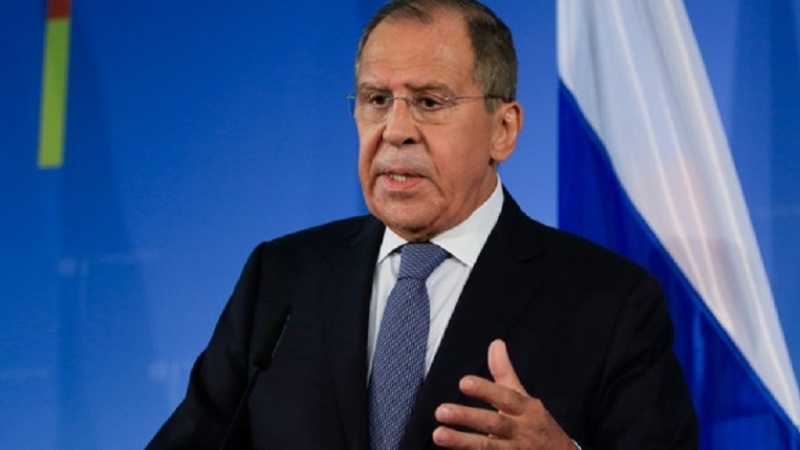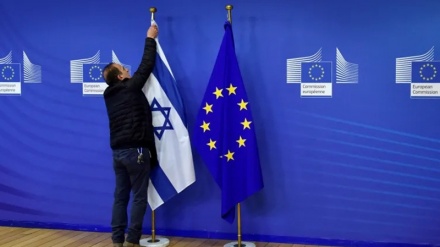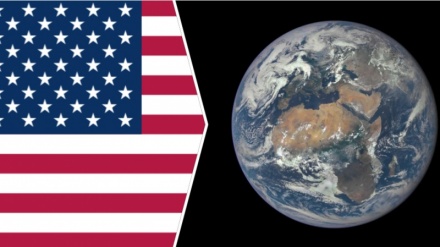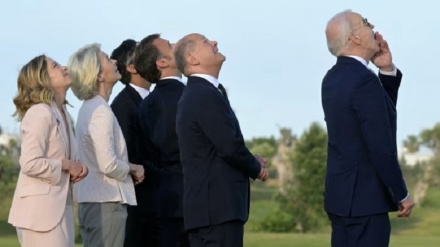Russia warns West, Europe over Azov Sea issue
Russia has warned the West against escalating tensions in the Sea of Azov that borders Russia and Ukraine through imposing new sanctions on Moscow.
The Sea of Azov is a strategic ocean route linked to the Black Sea by the narrow Strait of Kerch where Russia has built a bridge to link the Crimean Peninsula with the mainland.
Tensions escalated earlier this year after Ukraine detained two Russian ships for port calls on Crimea, which rejoined Russia in a 2014 referendum.
Moscow described the move as "maritime terrorism" and increased patrols off its Azov coast to guarantee free navigation by Russian ships.
On Friday, Russia's Foreign Minister Sergei Lavrov defended the move as well as Russian inspections of ships.
Speaking during a joint press conference with his Italian counterpart Enzo Moavero Milanesi in Rome, Lavrov said Western countries are seeking to use the situation around the Sea of Azov as another pretext to sanction Russia.
"Our European colleagues who are now worried about a somewhat fabricated issue didn't voice any concerns when the Ukrainian side acted illegally by seizing Russian vessels, keeping their crews under arrest and planning to auction off those vessels," he said.
"That's why I see no explanations other than an attempt to invent yet another pretext for putting pressure on the Russian Federation,” Lavrov said.
The top Russian diplomat stressed that Moscow was forced to expand its military presence in the Kerch Strait due to threats coming from Ukraine to blow up the Crimean Bridge.
Russia not to 'beg' West to lift sanctions
Lavrov said the Kremlin was not going to “beg” European countries to lift sanctions on Moscow and that his country considered the sanctions "a completely politicized decision."
Russian Deputy Foreign Minister Grigory Karasin said the controversy around the Sea of Azov had been “deliberately” created by Kiev and its Western backers to exert pressure on Moscow.
"This was expected as the Crimea issue is no longer perceived as a hot topic and an instrument of applying pressure on Russia; so they simply need to find brilliant fresh topics," Karasin told Russia's Kommersant newspaper.
"In fact, the situation in this region is not particularly interesting for our so-called Western partners. What's really important for them is to find a new pretext for attacking Russia and for tightening anti-Russian sanctions," he added.
Karasin also denounced “blatant lies” about detentions of foreign vessels by Russia in the Sea of Azov, allegedly lasting for multiple days.
SS



